ByteDance’s AI chatbot is the most popular AI application in China with over 51 million monthly users. All thanks to its abundant development capital, talented product team and unique design philosophy.
Doubao, a chatbot similar to ChatGPT, launched last August, is currently at the top of the AI chatbot rankings, with 51 million monthly active users (MAUs), surpassing Baidu's Wenxiaoyan (formerly Ernie Bot) with 12.5 million users and Moonshot AI's Kimi with 10 million users.
Compared to OpenAI's ChatGPT, which has 180 million users, Doubao is a free app that can write emails or summarize long texts, in addition to supporting audio, image, video or data analysis, as well as online search capabilities.
Doubao has become an effective tool for "editing and improving text" or "organizing content," said a consultant surnamed Cheng, working in Hangzhou.
Zhu Jiahui, a software salesman in Beijing, said he often uses Doubao because of its easy-to-use design and many features.
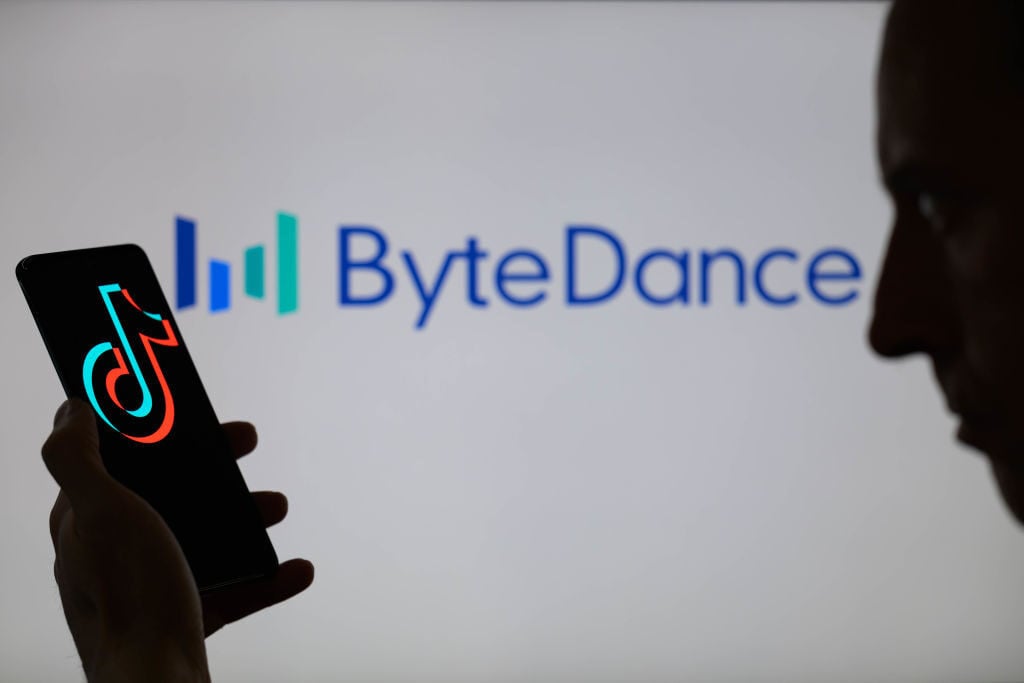
The app is accessible from the official website as well as on the Android and iOS app stores, offering some of the most versatile capabilities among its domestic and global peers.
As a consumer-facing app, its rapid rise in popularity is due to its strong financial resources, strong product team, diverse capabilities, and human-centric product design philosophy.
These factors have helped make Doubao a popular AI app among Chinese consumers. However, ByteDance has not announced any plans to monetize Doubao, although training such apps based on large language models is expensive.
According to information on the official website, since August, this chatbot has added many new features, including music creation, audio chat, and advanced data analysis for uploaded files.
In total, more than 20 new features and improvements have been added to Doubao in just a three-month period.
At a company event in May, ByteDance's vice president of product and strategy Zhu Jun said the key to Doubao's successful development is to stay close to users, personalize and humanize.
Zhu is also the co-founder of musical.ly, which was acquired by ByteDance and turned into TikTok.
Zhu said his team emphasizes the importance of lowering the barrier to use for such products. “We want users to feel warm when using AI products,” he said.
25 times faster data collection than OpenAI
Not only has ByteDance quickly attracted tens of millions of users using AI chatbots, it is also the leading AI brand in the mainland with other products.
In April, according to Kasada, a company specializing in bot management (automated software), Bytespider - a data collection application developed by ByteDance, is one of the most powerful tools on the Internet in its industry, surpassing major competitors such as Google, Meta, Amazon and OpenAI.
Research shows that Bytespider's data collection speed is 25 times faster than OpenAI's GPTbot, the data collection tool serving the ChatGPT platform, and 3,000 times faster than ClaudeBot from Anthropic.
High-speed data collection gives ByteDance more data to train large language models (LLMs) and multimedia models (LMMs), core components in developing next-generation AI tools.
As big tech companies race to the top in AI, ByteDance is trying to close the gap by collecting massive amounts of data from global websites.
However, experts are concerned that Bytespider may not comply with robots.txt regulations - a file that web publishers use to prevent data collection tools.
While this is not illegal, it can lead to intellectual property disputes.
Many organizations believe that collecting data without permission is a violation of copyright, causing much controversy in this field.
(Synthetic)

Source: https://vietnamnet.vn/kinh-nghiem-phat-trien-chatbot-ai-pho-bien-nhat-trung-quoc-2342499.html






![[Photo] Prime Minister Pham Minh Chinh receives Mr. Jefferey Perlman, CEO of Warburg Pincus Group (USA)](https://vstatic.vietnam.vn/vietnam/resource/IMAGE/2025/4/18/c37781eeb50342f09d8fe6841db2426c)



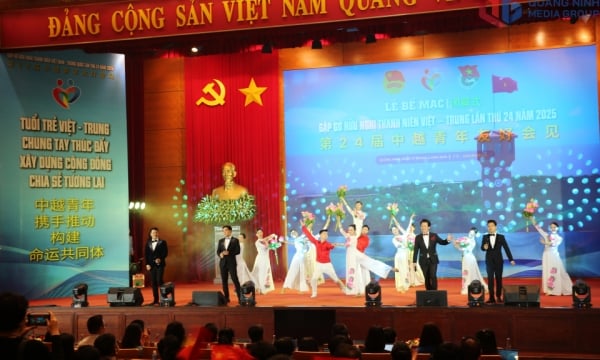


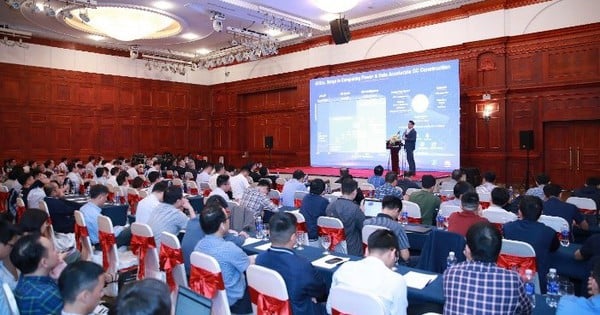

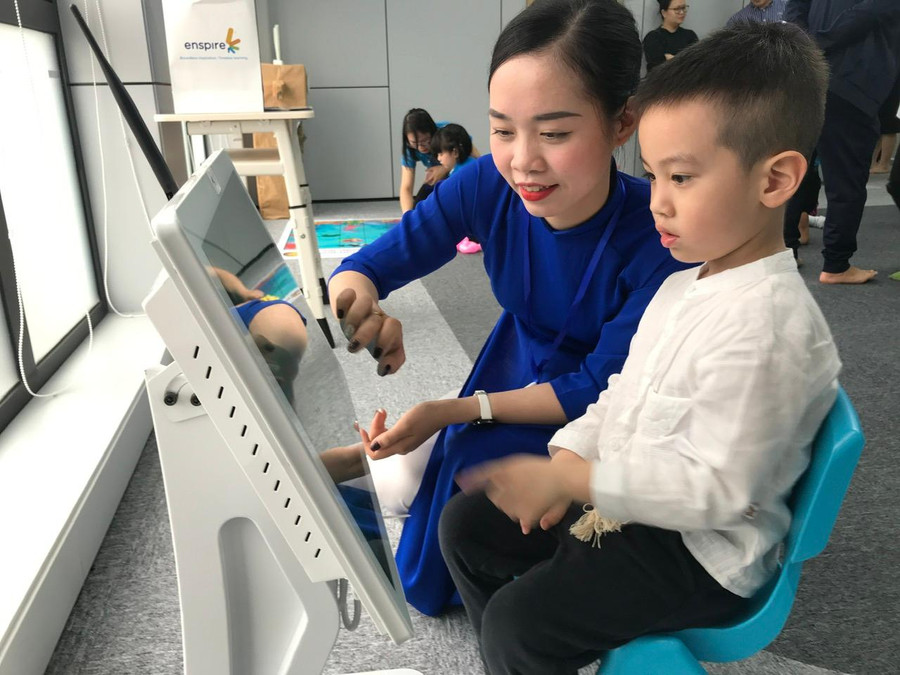

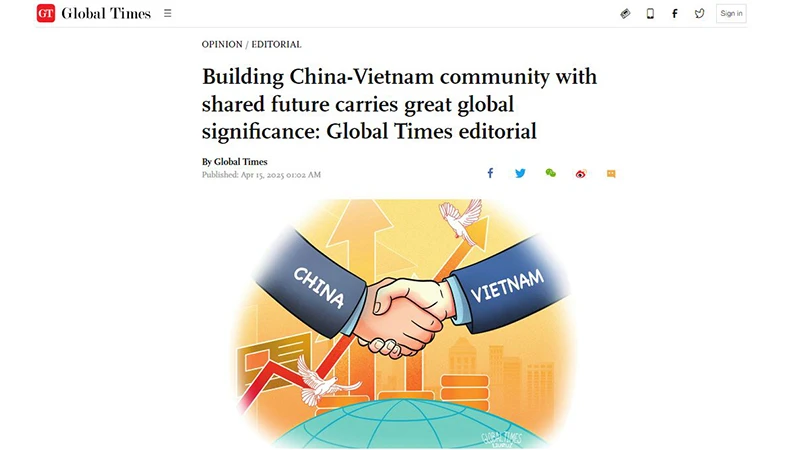

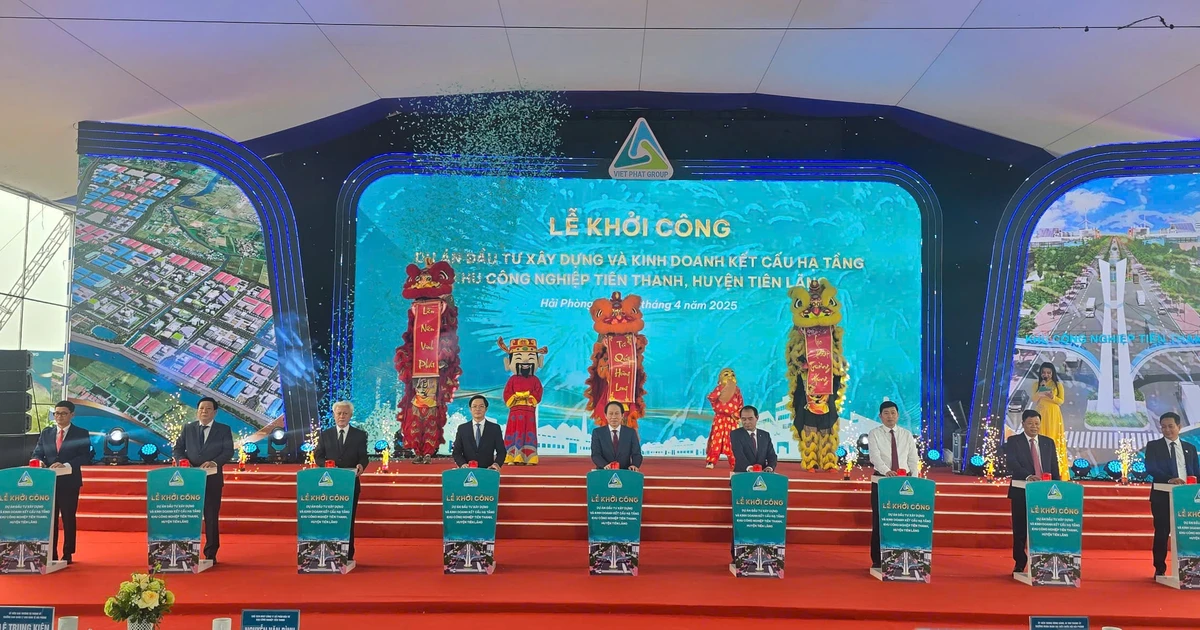










































































Comment (0)